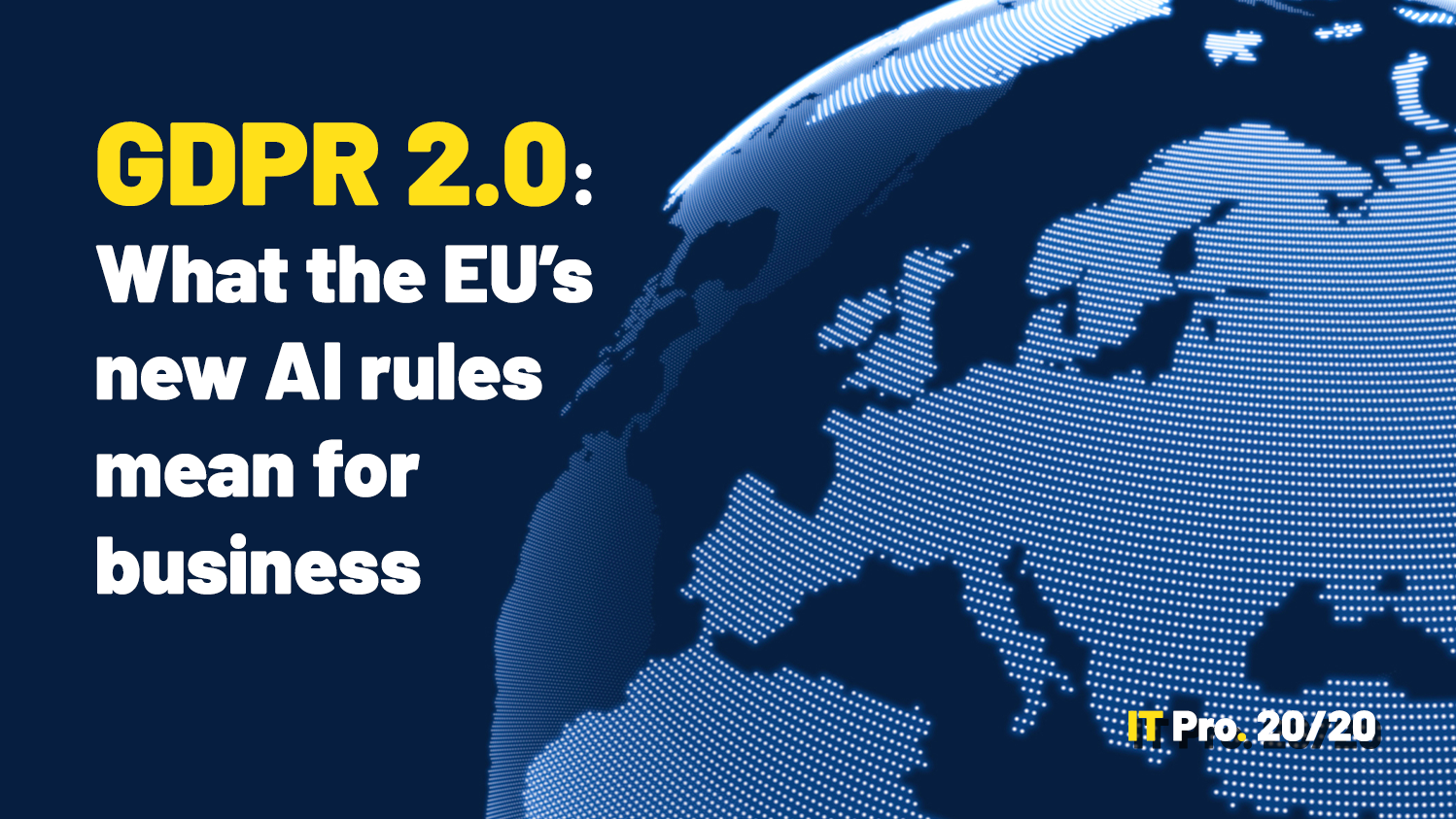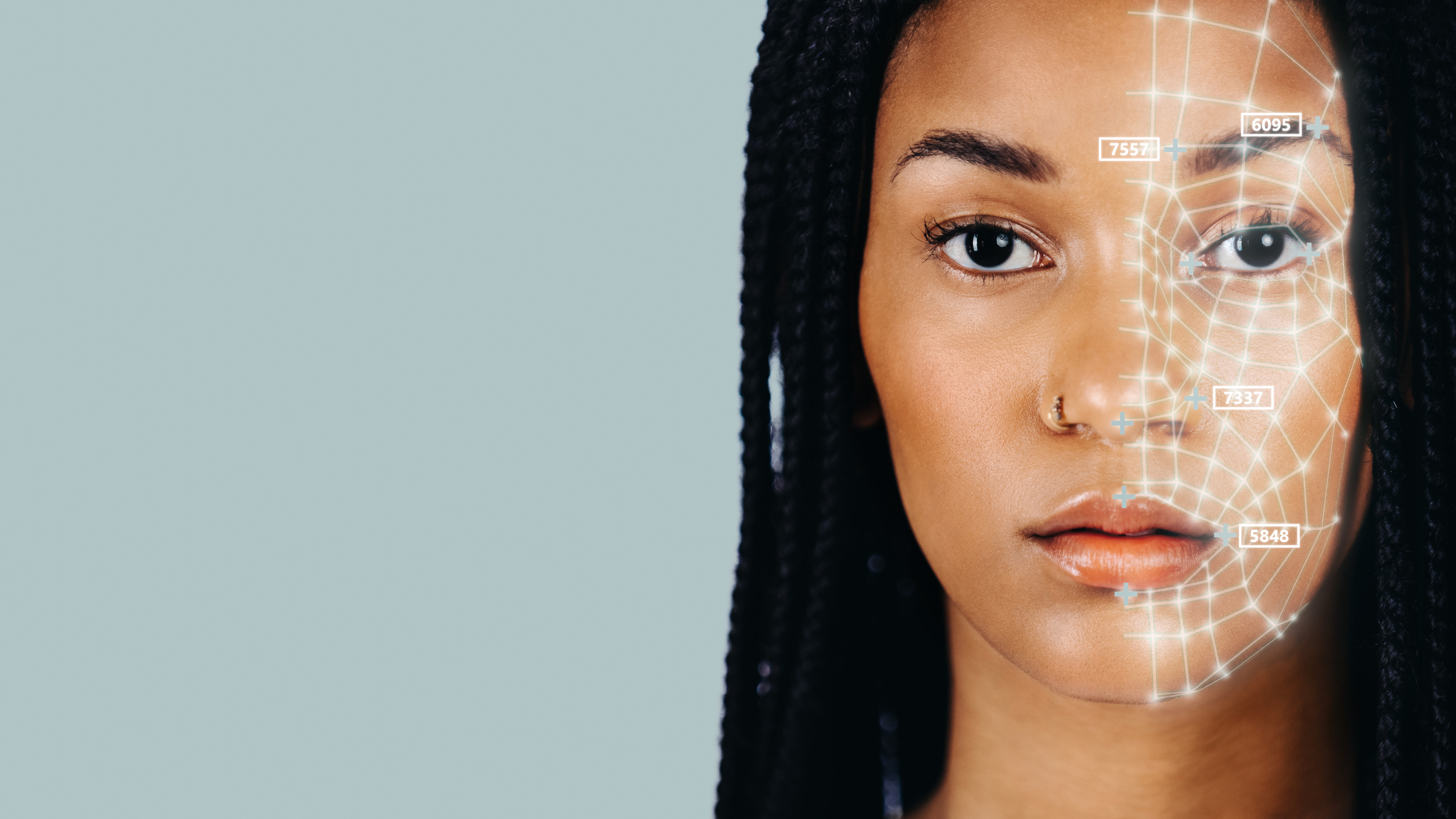EU privacy watchdogs call for facial recognition ban in public spaces
The EDPB and EDPS claim a ban is needed if we want to preserve our freedoms and create a human-centric legal framework for AI


European privacy watchdogs have called for a ban on the use of facial recognition in public spaces, pointing to the "extremely high" risks to privacy.
The joint recommendation, which comes from the European Data Protection Board (EDPB) and the European Data Protection Supervisor (EDPS), also urged the bloc to prohibit the use of artificial intelligence (AI) to “infer emotions” or for “any type of social scoring”.
The recommendation comes in response to proposals from the European Commission (EC) on the harmonisation of artificial intelligence rules, which places restrictions on the use of live facial recognition in public places by law enforcement, but does not outright ban it.
The EDPB and EDPS claim the bill doesn't go far enough and are calling for a general ban on any use of AI for automated recognition of human features in publicly accessible spaces, "such as recognition of faces, gait, fingerprints, DNA, voice, keystrokes and other biometric or behavioural signals, in any context."
The watchdogs, which are responsible for ensuring EU institutions stick to the EU's data protection rules, also claim it should be illegal for AI systems to use biometrics to categorise people "into clusters based on ethnicity, gender, political or sexual orientation," or other types of classification under which they could be discriminated against.
Such practices "interfere with fundamental rights and freedoms to such an extent that they may call into question the essence of these rights and freedoms," the heads of the EDPB and EDPS said in a statement.
“Deploying remote biometric identification in publicly accessible spaces means the end of anonymity in those places," they continued.
Sign up today and you will receive a free copy of our Future Focus 2025 report - the leading guidance on AI, cybersecurity and other IT challenges as per 700+ senior executives
"This calls for an immediate application of the precautionary approach. A general ban on the use of facial recognition in publicly accessible areas is the necessary starting point if we want to preserve our freedoms and create a human-centric legal framework for AI. The proposed regulation should also prohibit any type of use of AI for social scoring, as it is against the EU fundamental values and can lead to discrimination.”
RELATED RESOURCE

IT Pro 20/20: What the EU's new AI rules mean for business
The 17th issue of IT Pro 20/20 considers the effect of new regulations on the IT industry
While many have welcomed the EC's AI regulations as a step in the right direction that sets Europe on a different path to the US and China, privacy campaigners, such as the European Digital Rights (EDRi) advocacy network, have also warned that the rules leave the door open for discriminatory surveillance.
"Today's opinion is clear proof, from the EU's top data protection regulators, that facial recognition in publicly accessible spaces is a grave and disproportionate intrusion into people's rights and freedoms," EDRi policy adviser Ella Jakubowska said.
Carly Page is a freelance technology journalist, editor and copywriter specialising in cyber security, B2B, and consumer technology. She has more than a decade of experience in the industry and has written for a range of publications including Forbes, IT Pro, the Metro, TechRadar, TechCrunch, TES, and WIRED, as well as offering copywriting and consultancy services.
Prior to entering the weird and wonderful world of freelance journalism, Carly served as editor of tech tabloid The INQUIRER from 2012 and 2019. She is also a graduate of the University of Lincoln, where she earned a degree in journalism.
You can check out Carly's ramblings (and her dog) on Twitter, or email her at hello@carlypagewrites.co.uk.
-
 Pegasystems wants to help you modernize outdated Lotus Notes applications
Pegasystems wants to help you modernize outdated Lotus Notes applicationsNews The Notes to Blueprint tool lets enterprises understand their Lotus Notes estates and get rid of broken workflows
-
 AMD helps supercharge Dawn supercomputer
AMD helps supercharge Dawn supercomputerNews The Dawn supercomputer in Cambridge will be powered with AMD MI355X accelerators
-
 Leaked today, exploited for life
Leaked today, exploited for lifeWhitepaper How social media biometric patterns affect your future
-
 Aldi launches its first checkout-free store in London
Aldi launches its first checkout-free store in LondonNews The store uses facial age estimation technology provided by Yoti to verify the purchase of age-restricted products
-
 Facebook is shutting down its controversial facial recognition system
Facebook is shutting down its controversial facial recognition systemNews The move will see more than a billion facial templates removed from Facebook's records amid a push for more private applications of the technology
-
 The pros and cons of facial recognition technology
The pros and cons of facial recognition technologyIn-depth There are plenty of pros and cons of facial recognition technology, but is it really worth risking user privacy in the name of efficiency and security?
-
 NatWest trials voice banking in the UK
NatWest trials voice banking in the UKNews Customers will be able to use a Google Home to access their accounts
